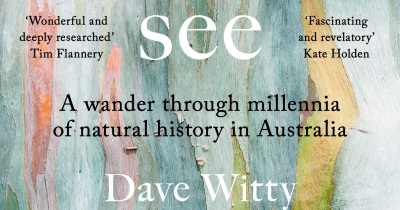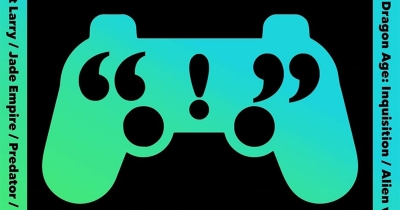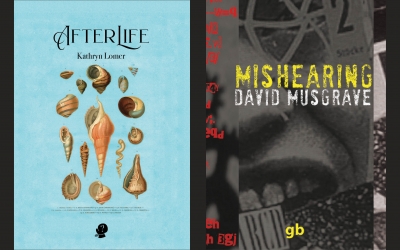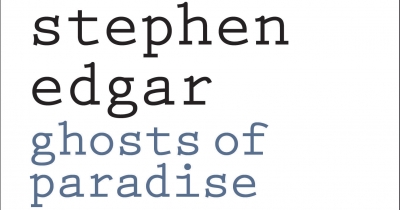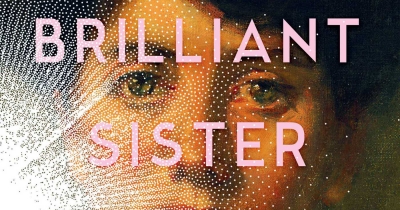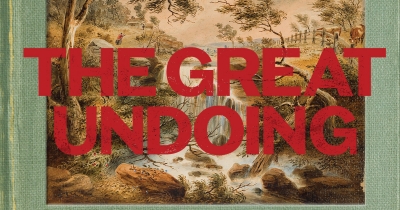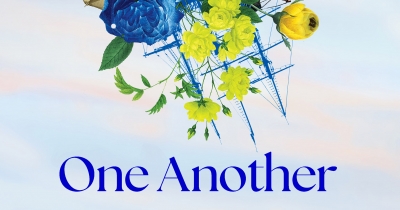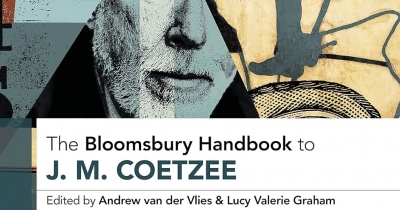Review
What the Trees See: A wander through millennia of natural history in Australia by Dave Witty
by Ashley Hay •
Critical Hits: Writers on gaming and the alternate worlds we inhabit edited by Carmen Maria Machado and J. Robert Lennon
by Chris Flynn •
Lands of Likeness: For a poetics of contemplation by Kevin Hart
by Scott Stephens •
The Bloomsbury Handbook to J.M. Coetzee edited by Andrew van der Vlies and Lucie Valerie Graham
by Tim Mehigan •

